Factfulness (Hans Rosling) – Book Summary, Notes & Highlights
Author
Hans Rosling
Published
April 2018
Focus
Challenges misconceptions about global trends using data-driven insights on health, poverty, and human development.
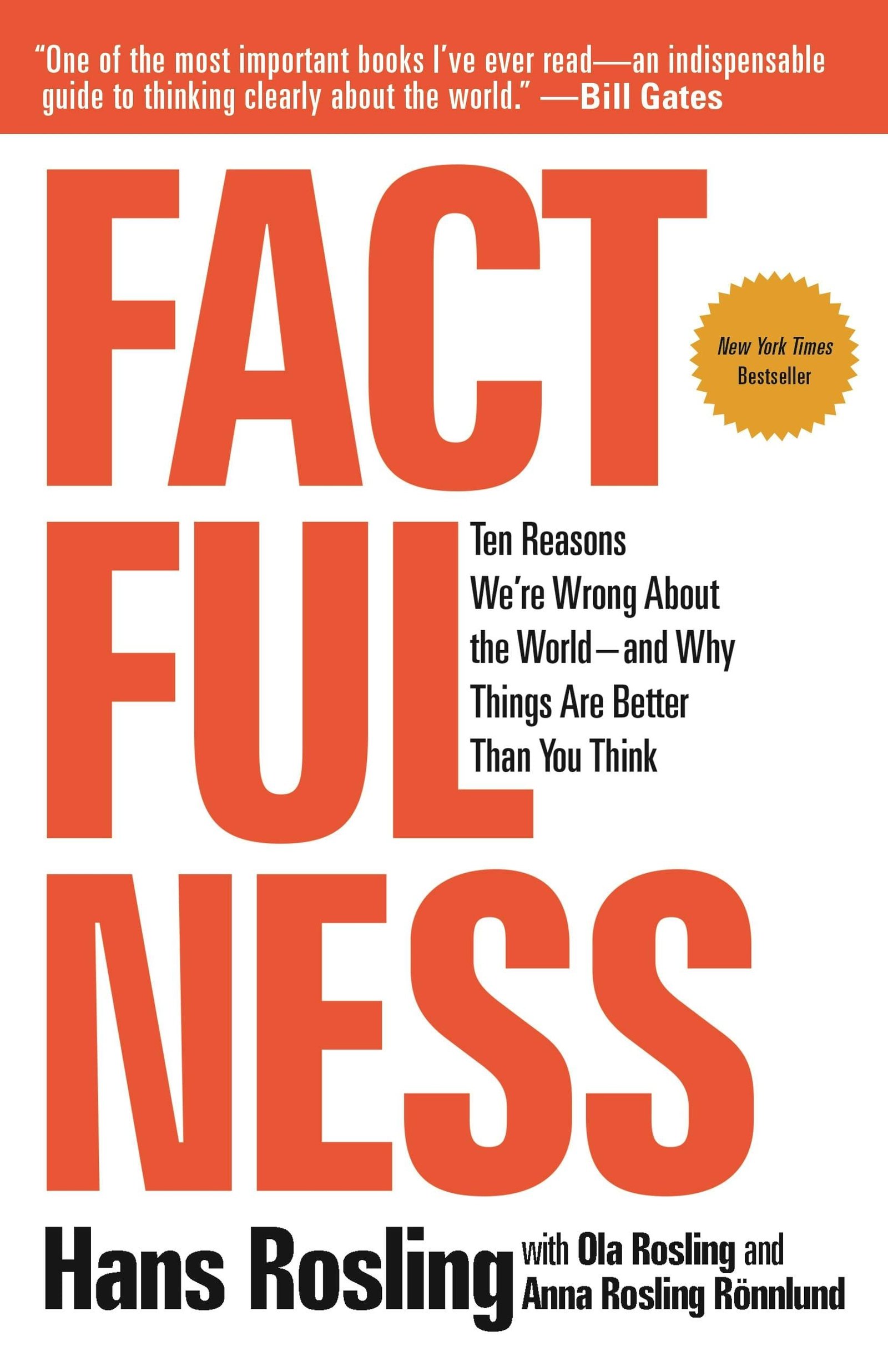
Key Concept
Promotes a fact-based worldview by addressing common biases such as the “gap instinct” and “negativity instinct.”
Legacy
The book became a global bestseller and a key resource for understanding global development, encouraging critical thinking about data.
ADD TO YOUR COLLECTION
Ready to start reading? Buy it on Amazon by clicking the button below.
Did you know that in the last 20 years, the proportion of the world’s population living in extreme poverty has almost halved? If that surprises you, you’re not alone. Welcome to the world of “Factfulness“, where Hans Rosling, the late Swedish physician, statistician, and chair of the Nobel Prize committee, challenges everything we thought we knew about the state of our planet.
I stumbled upon Rosling’s work during a particularly gruelling statistics revision session. Little did I know that this book would not only save me from the depths of academic despair but also revolutionise my understanding of global progress!
- Who Was Hans Rosling?
- The Core Message of “Factfulness”
- Key Insights from “Factfulness”
- Hans Rosling’s Innovative Data Visualisation Techniques
- The Impact of “Factfulness” on Sustainable Development
- Criticisms and Controversies
- Practical Applications of “Factfulness”
- The Legacy of Hans Rosling
- Conclusion
- References
- 📚 Further Reading
Who Was Hans Rosling?
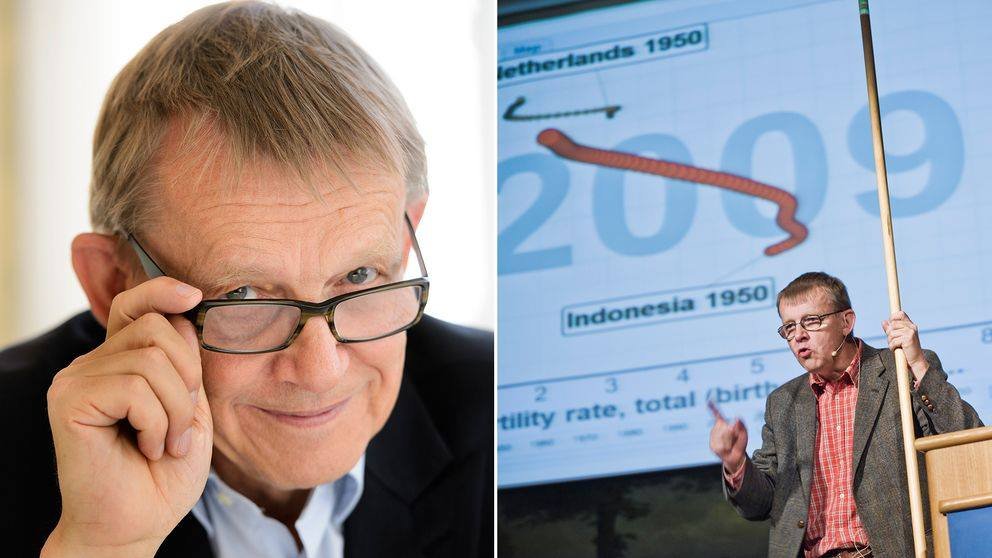
Picture this: a Swedish doctor with a penchant for swallowing swords (yes, you read that right) becomes one of the most influential voices in global health and sustainable development. That’s Hans Rosling for you! Born in Uppsala, Sweden, in 1948, Rosling’s journey from a young physician in Mozambique to a professor of international health at Karolinska Institute is nothing short of inspirational.
Rosling’s career was a rollercoaster of achievements. He co-founded Médecins Sans Frontières (Doctors Without Borders) Sweden, discovered a paralytic disease in rural Africa, and later co-founded the Gapminder Foundation with his son and daughter-in-law. He also happened to be on the board of members who picks the Nobel prize winners. But it was his ability to make statistics dance (quite literally) that captured the world’s attention.
The Core Message of “Factfulness”
Now, let’s dive into the meat and potatoes of “Factfulness“. Rosling’s main thesis is simple yet profound: the world is getting better, and we’re oblivious to it. He argues that we’re hardwired with ten instincts that distort our perspective, leading us to view the world as a much darker place than it actually is.
These instincts are like those annoying pop-up ads on websites – they cloud our judgment and make us miss the bigger picture. From the Gap Instinct (our tendency to divide the world into “us” and “them”) to the Negativity Instinct (our attraction to bad news), Rosling systematically debunks these mental traps.
“I’m not an optimist. I’m a very serious possibilist. It’s a new category where we take emotion out of our perception of the world, and look at the facts.”
Key Insights from “Factfulness”
Let’s break down some of these instincts, shall we? The Gap Instinct, for instance, is our tendency to view the world in binaries – rich vs. poor, developed vs. developing. Rosling argues that this outdated worldview ignores the vast majority of people who fall in between these extremes.
Then there’s the Negativity Instinct. Ever noticed how news channels seem to be competing in a “who can depress the audience more” contest? Rosling shows us that while focusing on problems is important, we often overlook the significant progress being made.
The Straight Line Instinct is another doozy. We tend to assume that trends will continue in a straight line, but Rosling demonstrates that most trends are S-bends, humps, or slides. Population growth, for example, isn’t skyrocketing as many fear – it’s actually slowing down and expected to level off.
And don’t get me started on the Fear Instinct! Rosling teaches us to calculate risks based on facts, not headlines. Turns out, you’re more likely to die from a coconut falling on your head than a shark attack. (Note to self: avoid tropical beaches with coconut trees.)
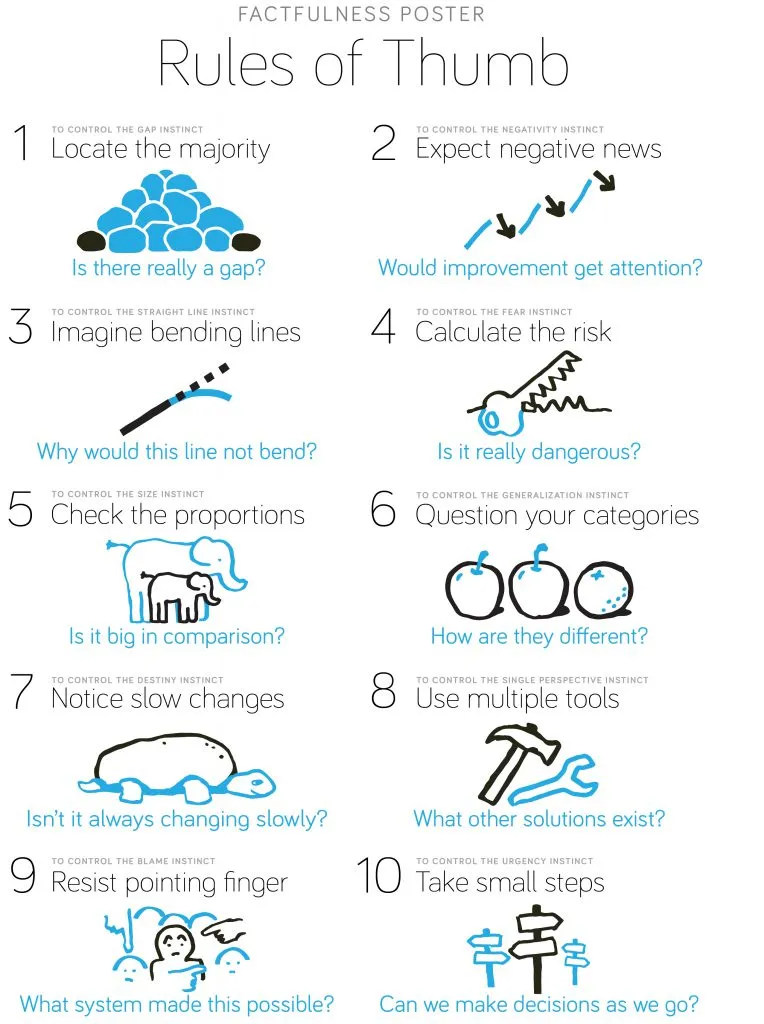
Hans Rosling’s Innovative Data Visualisation Techniques
Now, here’s where Rosling really shines – his data visualisation techniques are nothing short of magical. Remember those boring statistics lectures? Rosling turns them into a visual extravaganza!
His moving bubble charts, popularised through Gapminder, are like watching countries compete in an Olympic race towards development. Each bubble represents a country, with its size indicating population. As the animation plays out over time, you can see countries’ life expectancy and income levels change. It’s mesmerising – I’ve spent embarrassingly long hours watching these bubbles dance across my screen.
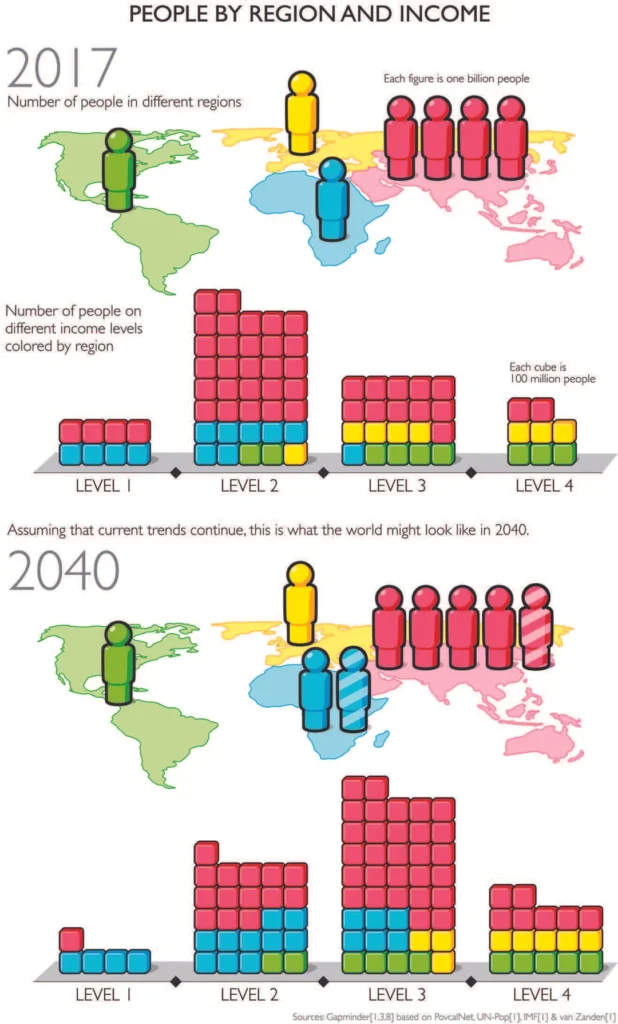
This visual storytelling is powerful stuff. It’s one thing to hear that global health has improved; it’s another to see a sea of bubbles rise dramatically over decades. Rosling’s techniques make complex data accessible and, dare I say, fun!
The Impact of “Factfulness” on Sustainable Development
As someone interested in sustainable development, I can’t overstate the importance of Rosling’s work. “Factfulness” challenges many misconceptions about developing countries that have long influenced policy-making and international aid.
For instance, the book shows that many countries we still label as “developing” have made enormous strides in education, health, and economic growth. This has huge implications for how we approach international development. Instead of viewing these countries as helpless recipients of aid, we can recognise their progress and adapt our strategies accordingly.
Rosling’s work aligns closely with the UN Sustainable Development Goals (SDGs). By providing a fact-based worldview, “Factfulness” helps us better understand the current state of the world and where we need to focus our efforts to achieve the SDGs.
Criticisms and Controversies
Now, it wouldn’t be a proper academic discussion without addressing some criticisms, would it? Some argue that Rosling’s optimism might lead to complacency. After all, if things are getting better, why bother trying to improve them further?
However, Rosling himself was quick to counter this. He wasn’t an optimist, but a “possibilist“. He believed that by understanding the progress we’ve made, we can be more effective in tackling the challenges that remain.
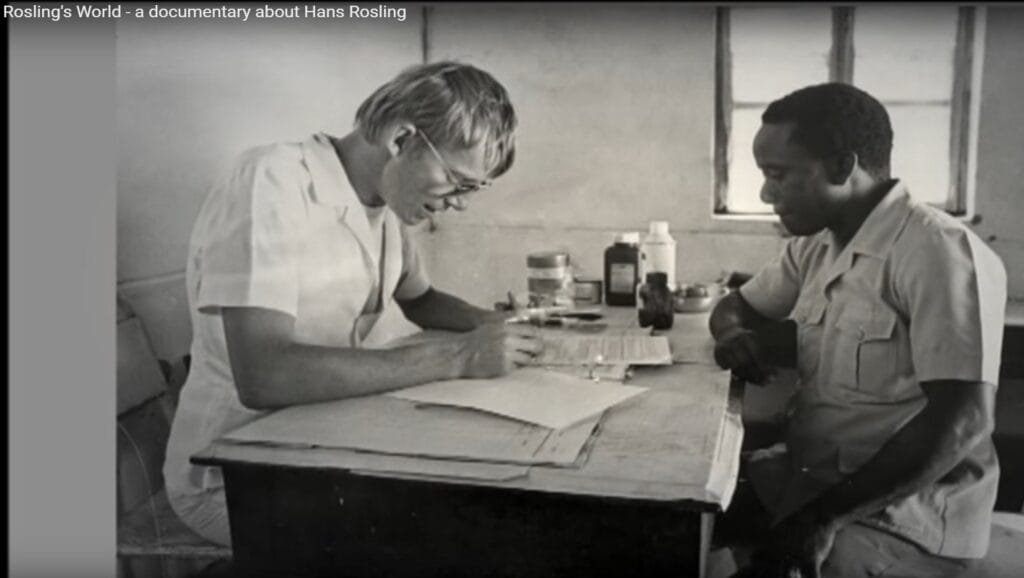
Others have pointed out that while global averages have improved, inequalities within countries have often increased. It’s a valid point, and one that reminds us to look beyond the big picture to the nuances within.
Practical Applications of “Factfulness”
So, how can we apply “Factfulness” in our daily lives? For starters, it’s a wake-up call for education. As a student, I’ve seen firsthand how outdated some of our textbooks and curricula can be. Incorporating Rosling’s fact-based worldview into education could revolutionise how we teach about global development.
For policymakers and NGOs, “Factfulness” offers a toolkit for more effective decision-making. By basing policies on current realities rather than outdated assumptions, we can allocate resources more efficiently and design more impactful interventions.
On a personal level, “Factfulness” is a call to question our assumptions and seek out accurate information. It’s made me a more critical consumer of news and a more informed global citizen. And let’s be honest, it’s also given me some killer facts to drop at dinner parties!
The Legacy of Hans Rosling

Sadly, Hans Rosling passed away in 2017, but his legacy lives on. The Gapminder Foundation, now led by his son Ola and daughter-in-law Anna, continues to promote a fact-based worldview. Their work has influenced fields from data journalism to public health policy.
Rosling’s approach to understanding the world has inspired a new generation of fact-based thinkers. His TED talks have been viewed millions of times, and “Factfulness” has been praised by everyone from Bill Gates to Barack Obama.
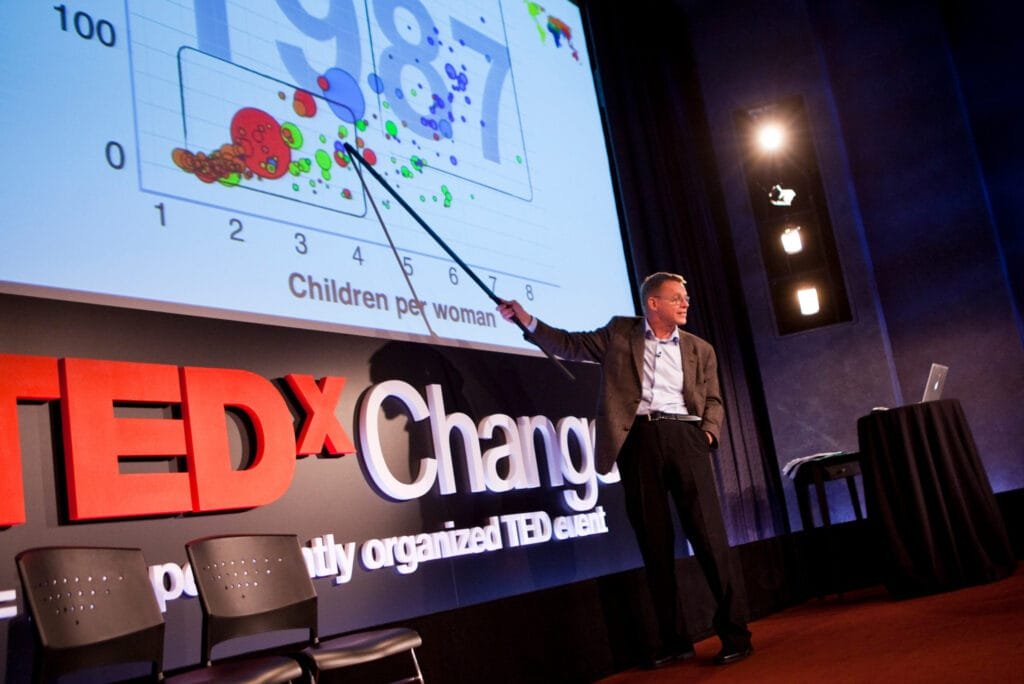
Conclusion
As I close my well-worn copy of “Factfulness“, I’m struck by how much it’s changed my perspective. Rosling’s work isn’t just about feeling good about global progress; it’s about understanding the world as it really is so we can make it even better.
So, here’s my challenge to you: pick up a copy of “Factfulness“. Read it, question it, debate it. Let it inspire you to seek out facts, challenge your assumptions, and view the world with fresh eyes. Who knows? You might just find yourself becoming a “possibilist” too!
And remember, in the words of Hans Rosling, “The world cannot be understood without numbers. But the world cannot be understood with numbers alone.” So let’s combine our head and heart, our facts and compassion, to build a better world – one fact at a time.
Ready to start reading?😊 What are you waiting for?
Disclosure: This article contains affiliate links. If you purchase “Factfulness” through these links, I may earn a small commission at no additional cost to you. This helps support my chai latte addiction… I mean, my continued research and writing on global development issues.
References
- Rosling, H., Rosling, O., & Rosling Rönnlund, A. (2018). Factfulness: Ten Reasons We’re Wrong About the World–and Why Things Are Better Than You Think. Flatiron Books.
- Gates, B. (2018). “My new favorite book of all time.” GatesNotes. Link
- United Nations. (2015). Transforming our world: the 2030 Agenda for Sustainable Development. Link
- World Bank. (2018). Poverty and Shared Prosperity 2018: Piecing Together the Poverty Puzzle. Link
- Gapminder Foundation. (n.d.). Gapminder Tools. Link
- Roser, M. (2018). “The short history of global living conditions and why it matters that we know it.” Our World in Data. Link
- TED. (2009). “The best stats you’ve ever seen | Hans Rosling.” YouTube. Link
- University of Cambridge. (2019). “The Hans Rosling Lecture 2019.” Link
- Pinker, S. (2018). Enlightenment Now: The Case for Reason, Science, Humanism, and Progress. Viking.
- The Economist. (2020). “How to think about global progress.” Link
If you’d like to check out more of my Book Summaries, you might find these interesting.
- “Atomic Habits” – James Clear – it’s one of my all-time favourites
- “The 4 Hour Workweek” – Tim Ferriss – put those good habits to good use!
📚 Further Reading
For those interested in exploring similar themes, consider:
- “Essentialism: The Disciplined Pursuit of Less” by Greg McKeown
- “Deep Work: Rules for Focused Success in a Distracted World” by Cal Newport
- “Vagabonding: An Uncommon Guide to the Art of Long-Term World Travel” by Rolf Potts (with a foreword by Tim Ferriss)
Avi is a researcher educated at the University of Cambridge, specialising in the intersection of AI Ethics and International Law. Recognised by the United Nations for his work on autonomous systems, he translates technical complexity into actionable global policy. His research provides a strategic bridge between machine learning architecture and international governance.

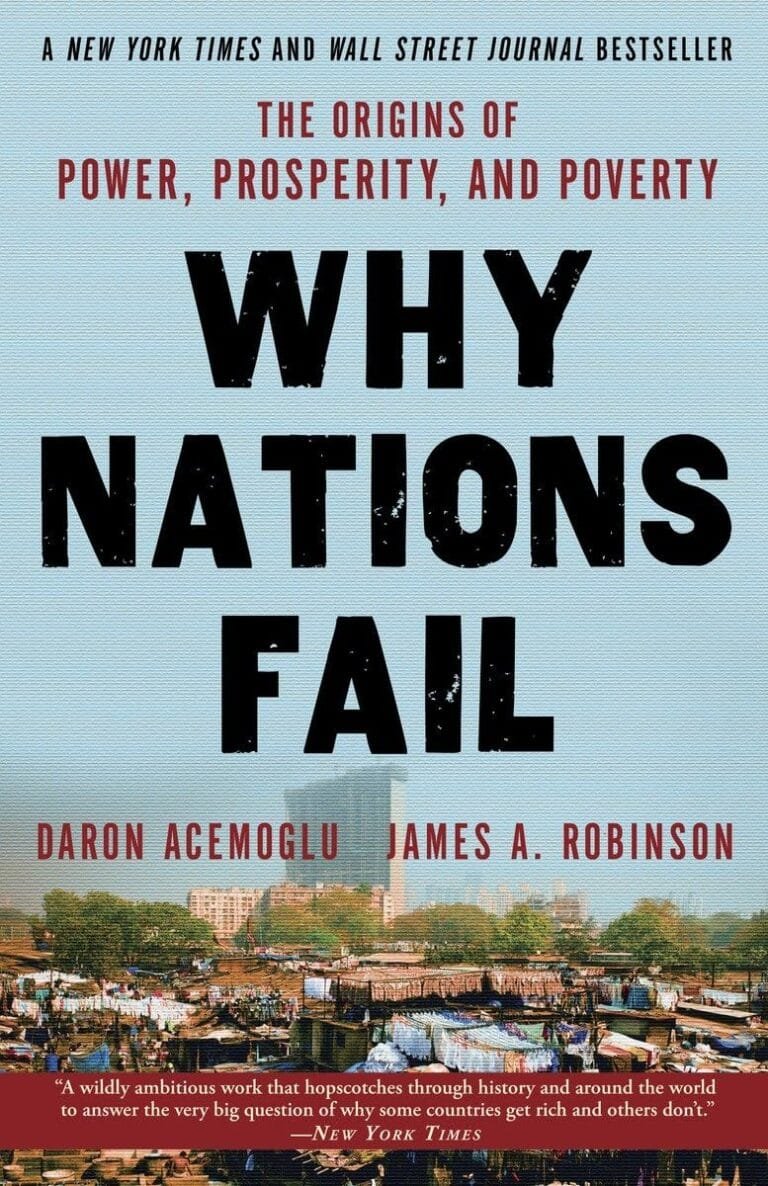
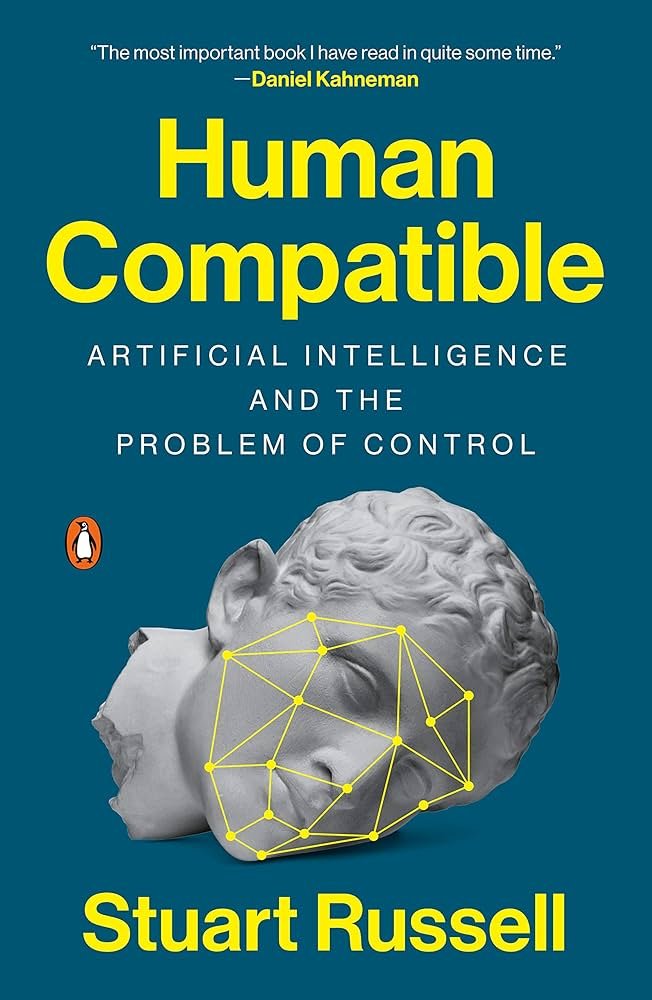
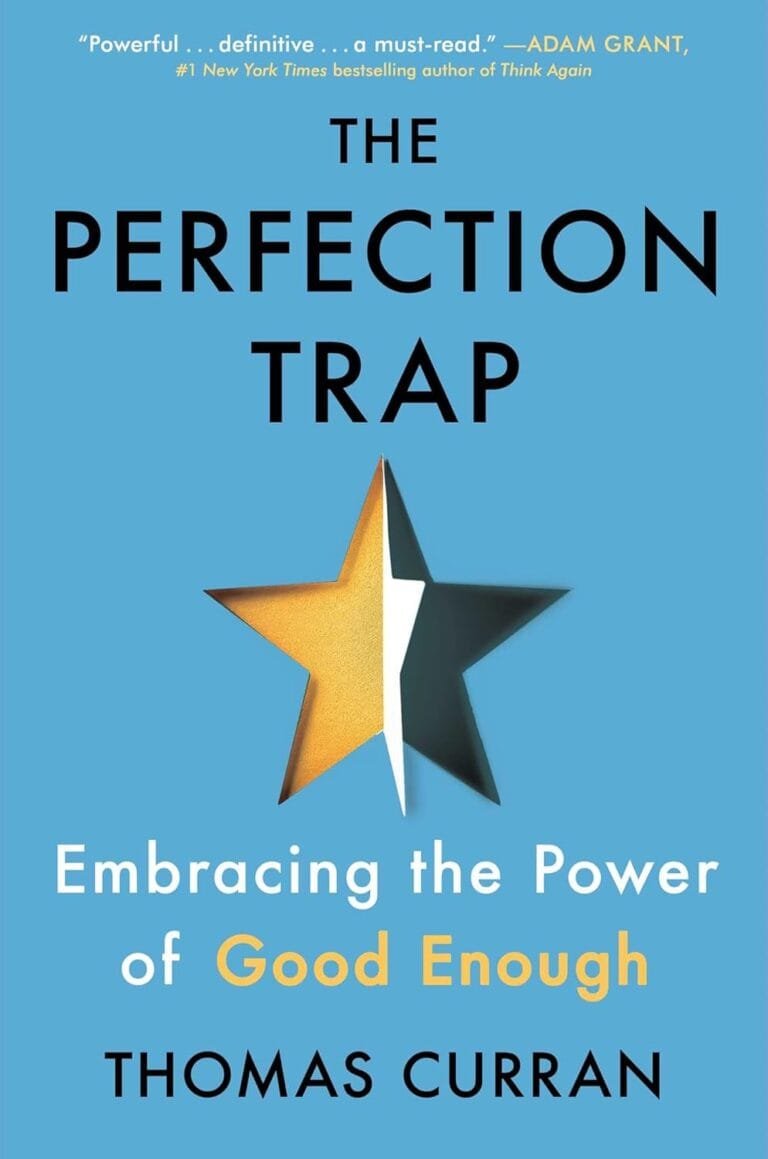
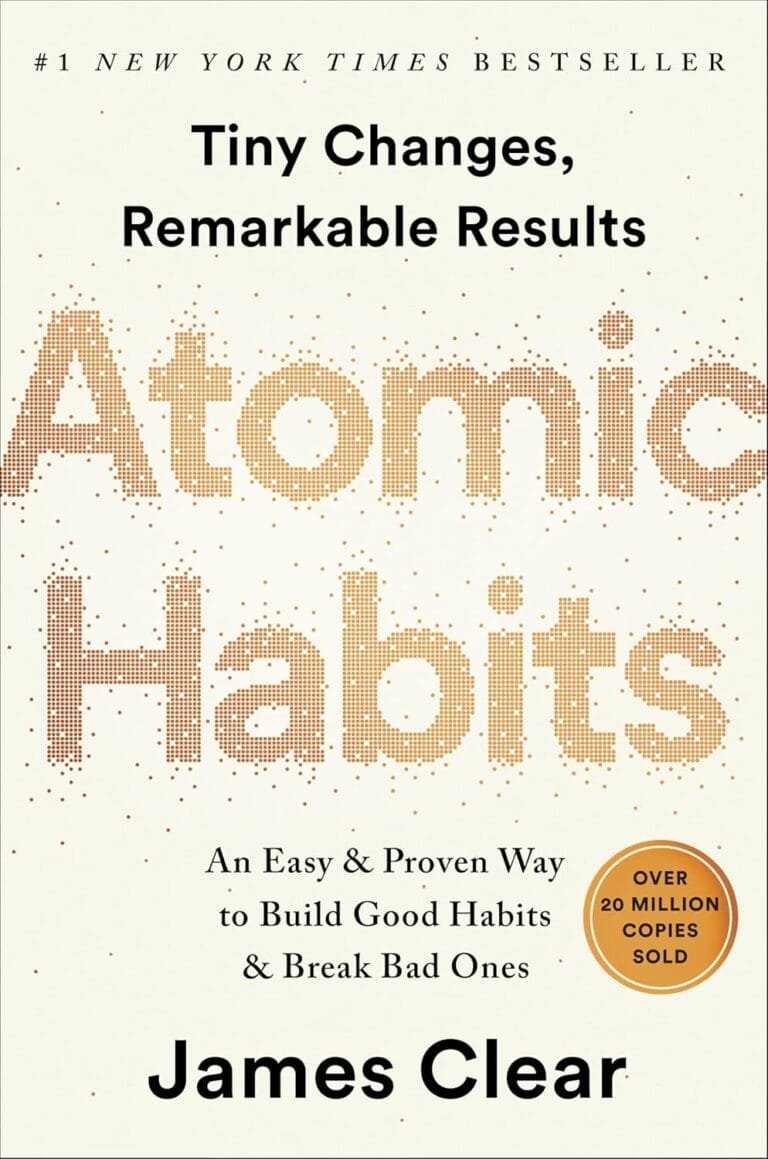
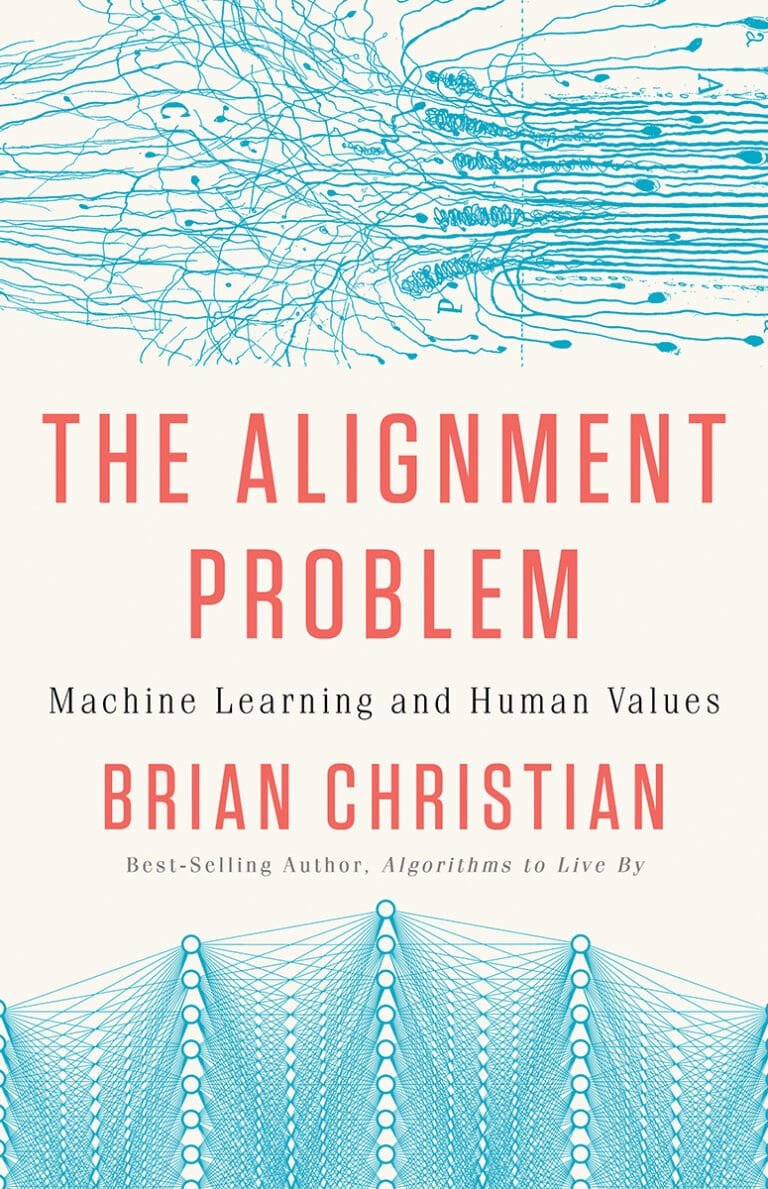

3 Comments